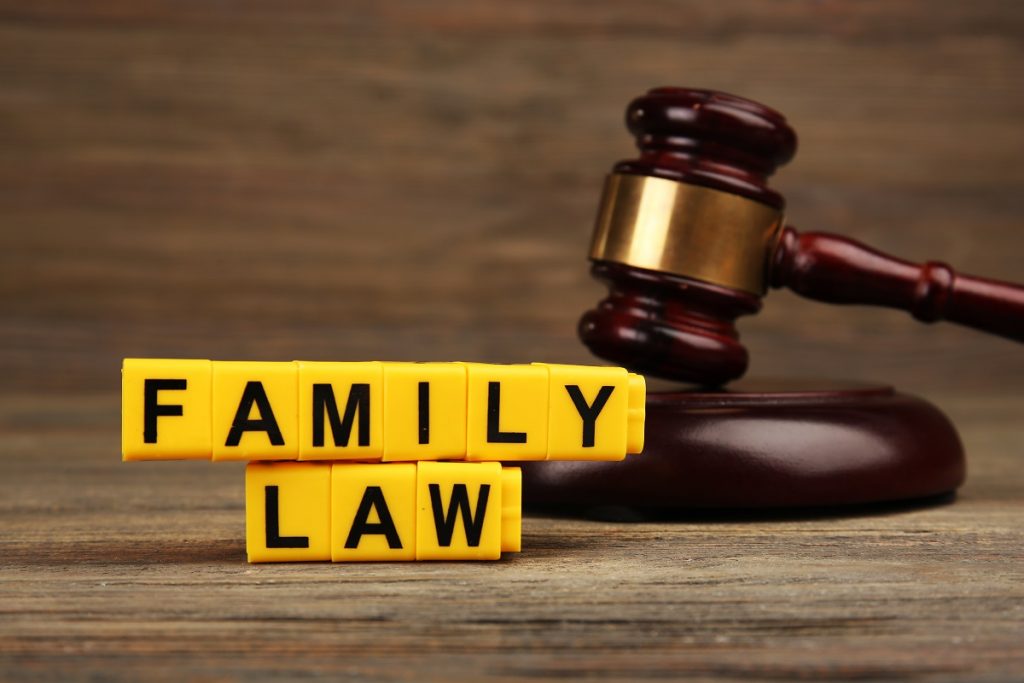Cohabitation, financial support, marriage, civil partnership, divorce, separation, child arrangement and mediation are terms that fall under family law. It is an area of the legal system that has a lot of variety and can be complicated. Whatever issues or concerns you face, from cohabitation agreements to taking action when a relationship breaks down, you will need the advice of professionals who know the law.
Reasons you might consider a lawyer
Considering avenues of family law, whether getting married or committing to a lifelong partnership, is anything but romantic, but unfortunately it is necessary in the event of a worst-case scenario unfolding, such as divorce or separation. Legal preparation can prevent major, irreparable disputes over finances, property and children if mutually beneficial agreements are discussed and decided on from the outset, in the presence of and guided by a legal professional. As it were, planning for the future also means being prepared for anything.
Those who seek out information often face significant changes in their lives, which unfavourably might be the parting of ways and the ceasing of a family unit. To move forward separately means reaching agreements without confrontation that are beneficial for everyone, with legal counsel and representation by a good family solicitor.
What is marriage?
Marriage is the civil contract that defines the moment when a couple’s relationship acquires legal status. With this status comes personal and financial obligations in the marriage, which will continue in the face of divorce or separation.
As a precaution surrounding the uncertainty of the future, some couples may decide to enter into a premarital agreement that indicates how assets and property are divided should the marriage end and protects one or both parties from the risk of major loss.
What is a domestic partnership?
The act of residing together as a couple, without being married.
To achieve this status, the couple needs to officially register their relationship by way of showing their commitment and to essentially ‘formalise’ the coupling.
Some who choose a civil partnership over marriage are often of the incorrect assumption that they are entitled to the same rights as married couples, and wrongly believe that they are similarly protected should the relationship end. This is false. Some benefits are equal, such as the right to claim bereavement or family responsibility leave, but not usually when it comes to money, assets and property.
You may buy property together, or share assets, in which case a contract recording one’s responsibilities, referred to as a cohabitation contract, as well as determining how a jointly-owned home is shared in a legally enforceable manner should the arrangement not survive in the long term is advisable.
Child arrangements
The end of a relationship is an emotional and challenging time and is undoubtedly more complicated if you have had children together.
In the process of restructuring your separate lives, a conjoined concern should be in making decisions that are in the interest of your child or children. The first port of call is deciding where and who they will live with. Questions you should ask yourself to make the decision easier are: “who can care more for them?” If you work long and late hours, you might not be able to provide your undivided attention. Something else you should consider is the proximity of your home to your children’s school in that it would not be fair for the child to stay with the parent who is further away from their place of education.
Financial responsibilities, known as child maintenance, is another consideration even if you are not married. The non-resident parent provides child maintenance or child support, to the primary caregiver.
Managing your money and home
If it is possible, it will be cheaper in the long run to negotiate money matters between the two of you rather than drawing out the process in court. Things to include how much money there is in the bank, as well as savings and investments and how they are to be divided.
What also needs to be considered is the family home. Who moves out? Who stays? Will both parties move out and the house sold? Or will neither party leave and continue to live their lives separately? Or will one buy out the other?
When to consider mediation

For a relationship to end amicably would mean ex-spouses deciding matters of child arrangements and finances between themselves, but this is not always possible. Couples might not agree on living arrangements or how to share what they own, and things can, and do, get messy.
In this instance, your lawyer might suggest mediation to resolve these matters, before considering settling the case in court, a process that is both time intensive, emotionally taxing and expensive.
We are surrounded by laws that govern all realms of society, whether we realise this or not. To lead a life that is favourable to you and protects those closest to you, it is in your best interests to seek out the advice of a family solicitor.

